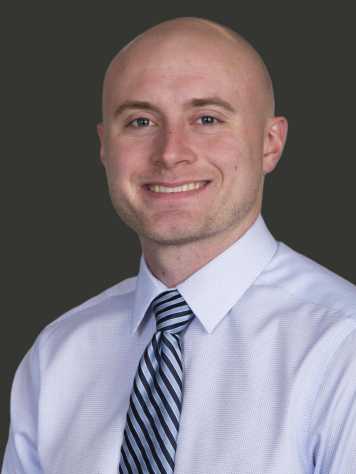Tutors
This Master's Program is a tutor-driven program. The aim of the tutor system is to help create an individualized curriculum for the student and to provide one-to-one support: it ensures a top-class, specialized education which takes into account the student's talents and expectations. Tutors coach their students throughout the program, monitoring their progress and proposing any necessary adjustments required to enhance their performance.
The tutor discusses the student's choice for Core Courses, advises in the choice of the Elective Courses, and approves the subject and the supervisor of the Semester Project and Master's Thesis thus ensuring that their individual requirements and interests can be followed.
Students of the Bachelor’s Program in Mechanical Engineering select their tutor at the start of their Master's study. The tutor for external students will be specified in the admission letter, according to the decision of the admission committee.
The individual study plan is defined in the Download Learning Agreement (PDF, 1 MB) on myStudies.
Tutors can only be changed at the beginning of a semester and after filling out the form Download Change of tutor (PDF, 76 KB). A change of tutors needs to be approved by the Director of Studies. After the change of tutor has been approved, the student has to submit an updated Learning Agreement on myStudies and needs to inform the former tutor.
Tutoring is carried out by the following professors from the Institute of Energy and Process Engineering (IEPE):
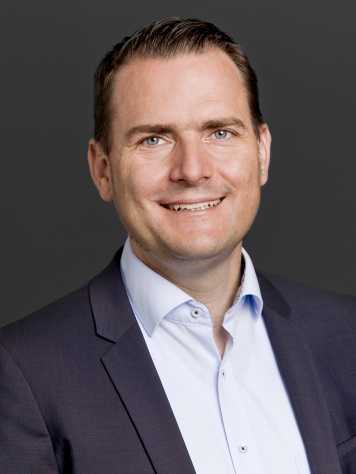
Bardow, André, Prof. Dr.
Contact
Website
Download Short Profile (PDF, 582 KB)
Energy systems optimization, conceptual process design, life cycle assessment, computer-aided molecular design, thermodynamics, microfluidics, CO2 capture & utilization

Lukatskaya, Maria, Prof. Dr.
Contact
Website
Download Short profile (PDF, 124 KB)
Energy storage and conversion, Electrochemical interfaces, Materials and electrolyte design for energy applications, Fundamental processes in electrolyte solutions, Evolution of materials and electrode-electrolyte interfaces under applied potential
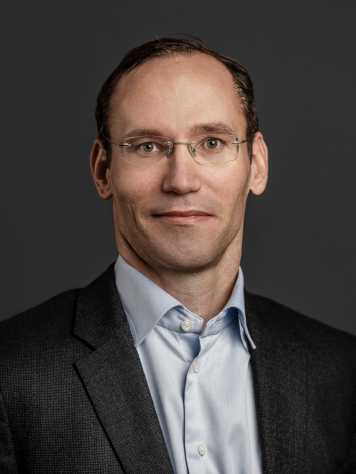
Müller, Christoph, Prof. Dr.
Contact
Website
Download Short Profile (PDF, 1.3 MB)
CO2 capture, (heterogeneous) catalysis, CO2 conversion, granular flows, two-phase particulate flows, numerical modelling of granular materials
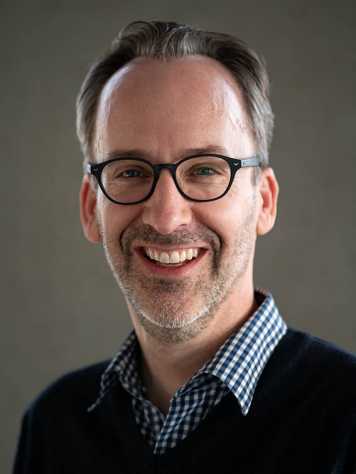
Norris, David J., Prof. Dr.
Contact
Website
Download Short profile (PDF, 1.1 MB)
Optical materials fabrication, nanomaterials, nanophotonics
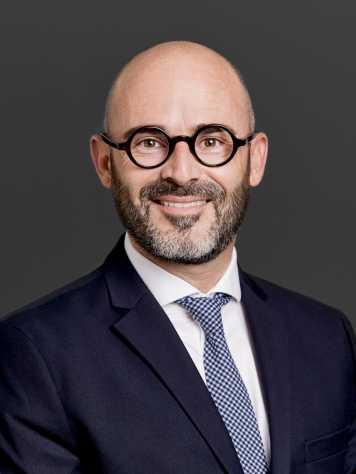
Quidant, Romain, Prof. Dr.
Contact
Website
Download Short profile (PDF, 661 KB)
Nanophotonics, optofluidics, biosensing, lab-on-chip, optomechanics, microscale heat control, reconfigurable optics
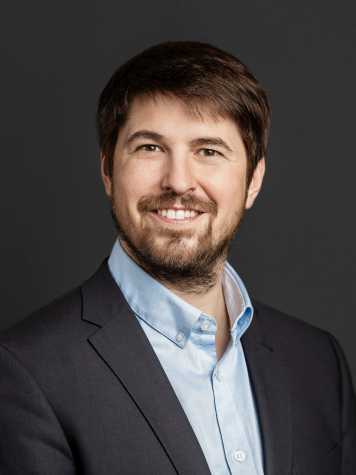
Tibbitt, Mark, Prof. Dr.
Contact
Website
Download Short profile (PDF, 1.1 MB)
Macromolecular engineering, biomedicine, 3D bio-printing, cell-matrix interactions, self-assembled polymer systems
Solar energy technologies, thermal and fluid sciences, thermochemical reaction engineering, solid-state ionics, material functionalization, green hydrogen and sustainable fuels
